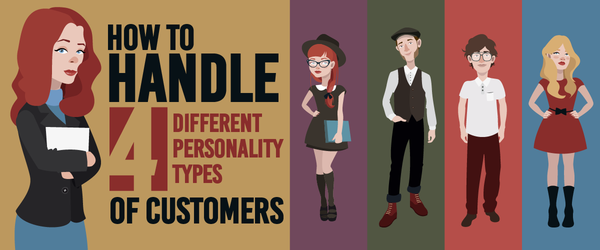ANGER MANAGEMENT
The Anger Iceberg,
The psychology of anger and aggression
And
How We Transfer Feelings of Guilt, Hurt, and Fear

"Have you ever wondered why we get angry? According to psychologist Daniel Goleman, "emotions are, in essence, impulses to act, the instant plans for handling life that evolution has instilled in us."
In his book Emotional Intelligence, Goleman tells us that anger causes blood to flow to our hands, making it easier for us to strike an enemy or hold a weapon. Our heart rate speeds up and a rush of hormones -- including adrenaline -- create a surge of energy strong enough to take "vigorous action." In this way, anger has been ingrained into our brain to protect us.
The purpose of anger
Think of anger like an iceberg, a large piece of ice found floating in the open ocean. Most of the iceberg is hidden below the surface of the water. Similarly, when we are angry, there are usually other emotions hidden beneath the surface. It's easy to see a person's anger but can be difficult to see the underlying feelings the anger is protecting.
For example, Dave believed he had an anger problem. When his wife would make a request of him, he would criticize her. He didn't like his reactions, but he felt he couldn't help it. As he worked on mindfulness and started noticing the space between his anger and his actions, he opened up the door into a profound realization.
He didn't really have an anger problem. Instead, he felt like his wife was placing impossible demands on him. By seeking to understand and accept his anger, rather than fix or suppress it, he began to improve his marriage by recognizing his anger as a signal that he needed to set healthy boundaries for what he would and would not do.
Dave's story points out an important concept. As Susan David, Ph.D., author of Emotional Agility says, "Our raw feelings can be the messengers we need to teach us things about ourselves and can prompt insights into important life directions." Her point is there is something more below the surface of our anger."
What to know more?
Read the full article on the Gottman Institute Blog
Screw you! The psychology of anger and aggression
"A lot of people have been very angry about many things lately, both in the real world and online. This is actually nothing unusual. But what is it that makes people so worked up over things which others would find relatively trivial?

You can't have missed the latest Twitter debacle. Some deeply unpleasant individuals got very angry at women pursuing pro-female agendas publicly. People then got very angry at these individuals who were sending threats and at Twitter in general for not doing more to stop it. Some people then got angry at these people in turn about the solutions they wanted. A brief twitter-boycott was then organised by a high profile person who seems to make people angry with her I mean their very existence. People then got very angry about the supposed rationale behind this boycott. People then got very angry with these people who were angry about the boycott. There may have been more but it was getting too complex for me. I'm only a neuroscientist.
Around this time, GQ was receiving an onslaught of rage-fuelled messages from One Direction fans, due to innocuous comments made about Harry Styles, one of the bipedal haircuts in the aforementioned band. Then they announced thenew Doctor Who and many got angry about him being another white male. That's a major issue for some; not enough racial/gender diversity in Time Lords. Each to their own.
A lot of anger about lately, is what I'm saying. If it were a liquid we'd be piling sandbags against our doors. But where does it all come from? And why is it so often directed at bizarre targets?"
Where is this anger coming from? Why is there so much of it around now?
Read the full article on The Guardian for more insight.
Anger—How We Transfer Feelings of Guilt, Hurt, and Fear
"How many times have you heard a child bellow to a parent (in the effort to avoid being punished): "I didn't do it! He [or she] did it!!!"? And to actually engage in this desperate tactic even in situations where their culpability was transparent? If you're like the rest of us, probably more times than you can recall. In fact, as a child, it's altogether possible that---impulsively---you may have done this yourself.
Sadly, such guileless efforts at deceit are sufficiently common in youngsters as to make them seem almost innocent. Still, such an unfortunate tendency is one we may never completely outgrow. And such prevarication is certainly not one of our more endearing traits. It's hardly exemplary behavior to try to escape blame or criticism by (shamelessly) "passing the buck." And projecting our mistakes, or misdeeds, onto others represents a psychological defense that, while it may protect our ego, typically creates far more problems than it solves."
Where does anger come from?
Read the full article on Psychology Today
